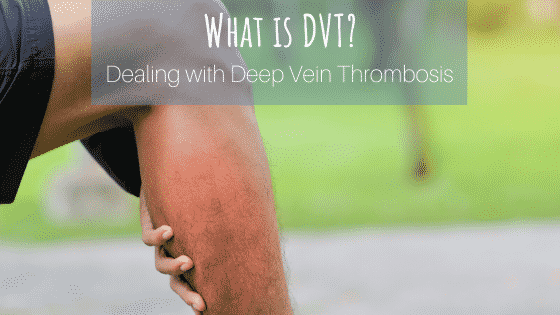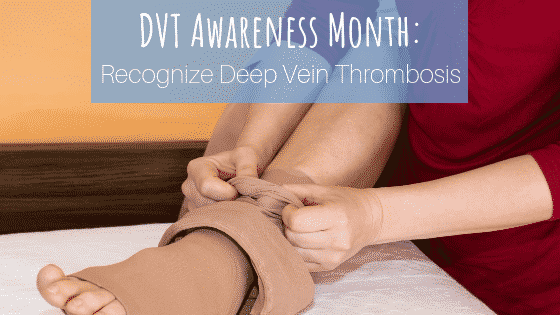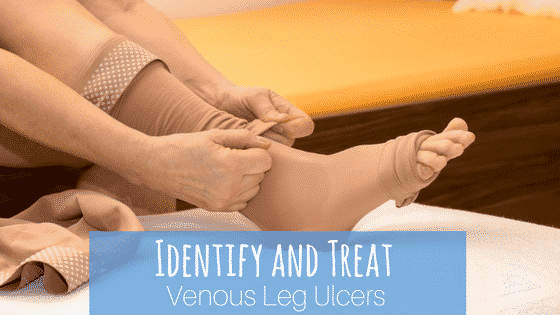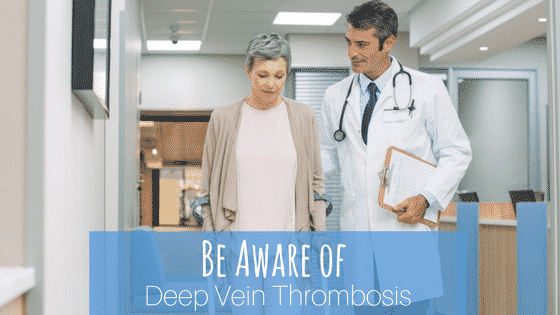
Deep Vein Thrombosis (DVT)
Pain or swelling in the legs or arms can significantly change your lifestyle. If your leg or arm pain is coupled with a pre-existing medical condition that affects blood clotting, if you are overweight or smoke, if you had a recent fracture in your pelvis, hips or lower extremities – you might be at risk for Deep Vein Thrombosis (DVT). This illness occurs when a blood clot forms deep in the body and partially or completely blocks blood flow through the vein.





